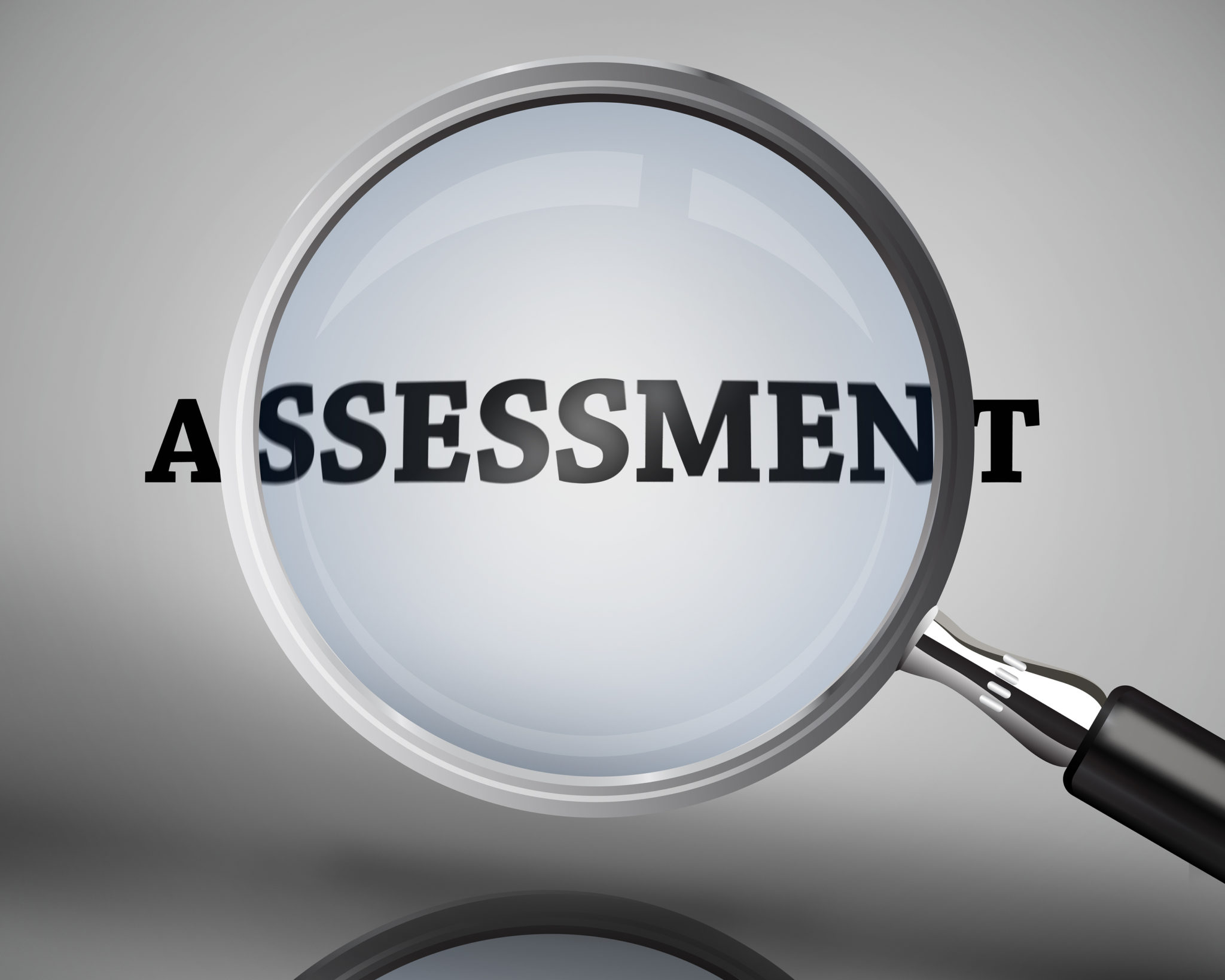 How Long Should A Resume Be?
How Long Should A Resume Be?
Resume length has a huge influence on your resume’s ability to impress the reader and generate interviews, so exactly how long should a resume be? First of all, let’s clarify one thing: unless specifically requested by the hiring company, there is no clear-cut rule that says a one-page resume is best. One page resumes are effective, but so are two page resumes, and in some professions even three or four pages.
When answering the question ‘how long should a resume be’ the determining factors are plentiful, and include your specific career goals, occupation & industry, years of experience, scope of accomplishments and education/training, etc.
To play devil’s advocate, here are two rules about resume-length for you to follow:
- Your resume is a marketing tool, and should only be as long as it takes to demonstrate why you should be given an interview.
- KEEP IT RELEVANT. You do not want to catalog every detail of your professional life. Only include relevant information. Get inside the mind of the hiring manager: what is he/she looking for?
With that in mind, let’s try and nail this question: how long should a resume be?
For the vast majority of people, a one or two page resume is ideal. Just for brevity’s sake, and so not to waste a recruiter’s time, try to create as short a document as possible.
With the objective being to garner enough interest to earn yourself an interview, you should write your resume aiming to create a high impact document that strategically presents experience, skills and accomplishments, targeting the occupation/industry you’re applying for. So how do you achieve this? I recommend a two step approach: first gather your career information and select what’s relevant. Next, put everything down on paper and then edit until you have a desirable document length and appearance.
Review your work history, decide which jobs are relevant to the one you’re applying for. Here’s how:
- While performing job X, did I perform any relevant duties that are similar to the role I am applying for?
- While performing job X, did I require any skills that can be used in the role I am applying for?
- While performing job X, did I accomplish anything that supports my job application?
If you answer yes, shortlist this job for inclusion on your resume. Once you’ve gathered all the relevant jobs, move on to the next step.
Review the type of jobs/industries you’re interested in applying for. Picture the ideal applicant: who would a hiring manager definitely give an interview to? Exactly what skills, abilities and expertise would they have? Correlate your own career information trying to match this ideal, and leave out anything that doesn’t really relate.
This method will help you cut out irrelevant career information etc. and leave you exclusively with high impact content. The next step is to put everything onto paper.
 How to Determine your resume length
How to Determine your resume length
With everything written out, you should next ask yourself this question:
How busy will the hiring manager be? Will they bother reading the second page of a 2-page resume?
If the job opening is likely to attract a lot of applicants, try and keep your resume to one page. If a hiring manager only briefly scan-reads your resume you’ll need to be ruthless when editing it down to one page, leaving only the most high impact information.
No doubt, this is no easy task. Omitting work history is hard, the urge is to include everything you think may be relevant, however you must resist the urge to populate your resume with extensive work experience and lists of duty based bullet points. This is proven to be ineffective, but will result in a boring document that will most likely be rejected. Instead, from each job you held (and there should only be 2-3 jobs at a maximum on your new super-concise resume) extract 3-4 key achievements/focal points that indicate your aptitude for the job being advertised: key accomplishments, key skills, core responsibilities. Incorporate these ONLY, instead of job duties and responsibilities.
TIP when shortening your resume length, look for two jobs in which your achievements, duties & responsibilities were similar/the same. Even though you may have done brilliantly in each job, by listing both you won’t present anything new to the hiring manager. Remove one.
A Resume should be two pages long if
Do you have an elaborate or impressive career? Have you climbed the ladder? These careers are where a two-page resume is often necessary, since this is your selling point as an applicant. If you progressed from an entry level position to a senior role or up into management, then use two pages to show this.
Does the job demand extensive expertise or experience? With many jobs, experience is key and speaks for itself. If this is the case – and you’re highly experienced – then utilize two pages to expound the length and breadth of your professional experience. Equally, where extensive expertise is required for a job, you will want to use a longer document to show how you gained your expertise, supporting your application.
Do you really have that much good career information that you want to include? In a lot of cases, you simply have a lot of good information that is entirely relevant and worth presenting to a hiring manager. If you’re confident that you cleverly formatted your resume to make it engaging and readable, then why not have a second page? Go for it. It’s your resume, you can choose how much you want to include. Just be aware that some hiring managers will skim through, so make sure both pages are engaging, and that content is well formatted with a focus on including the most impressive information on the first page, early on.
Do you have an “inside man” or have been recommended to apply by someone close to the hiring manager? If the hiring manager is expecting you to submit an application, or has actively requested you do so, then you can relax a little about the length of your resume. Since you know the hiring manager is interested in checking you out, you can afford to include a bit more detail, safe in the knowledge that they will want to read it all.
Does your one-page resume look messy or crowded? Though it is desirable to keep your resume concise, you don’t want to sacrifice readability to follow arbitrary rules about resume length. Refer to rule 1 above:
Your resume is a marketing tool and should only be as long as it takes to demonstrate why you should be given an interview.
In the past I’ve encountered resumes where size 8 font has been used, just so that the author could adhere to a rule he once read saying a resume must be one page long. A resume MUST be readable, that’s for sure. Use your head. Use a readable font size, and try to ensure your resume is well spaced out. If your resume overruns onto a second page by just a paragraph or so, try to either reduce it to one page, or add information so that it fills at least a third of the second page.
Can you use other methods to provide the hiring manager with more detail? If you have a lot of information you want the hiring manager to take into consideration, it’s perfectly acceptable to ask the reader to refer to your LinkedIn profile for more information.
What additional information can you remove? Community activities, coursework, skills, hobbies. Unless specifically required, these are generally unnecessary. They do make good talking points but if space is tight then you can leave such detail off.
Executives, Academics and 3+ page resumes
There are times when the length of a resume needs to be three pages or more. This is usually the case for executives, academic resumes and certain fields of scientific work where you may have extensive lists that need including, such as publications, patents, professional courses, etc.
Executives and senior management job applicants may want to have a lengthy three or four page resume so that they can present in more detail their leadership, business, and management success. Such resumes often incorporate graphs and statistical analysis demonstrating their success. This is perfectly acceptable practice, since the person receiving and reviewing these documents will most likely only be assessing a small number of candidates, and will be interested in gaining deeper insight before deciding who to interview. Remember that when recruiting for senior executive positions, applicants are often flown in from out of state as part of the interview process, so the hiring company will want to gather more detail before this process begins.
For other senior management and leadership jobs, your resume remains a marketing tool used to garner interest, and in a lot of cases brevity is a desirable quality. We’ve also noticed an increasing trend in which a concise 2-page resume is required, supplemented by a suite of addenda. These can be a great way to expound on publications, awards, further education or relevant training, etc.
We hope this article has helped you decide how long your resume should be. Each person’s career is different, we all have a unique blend of skills and experience. Writing your own resume can be difficult, since it’s often hard to remain objective about your own career, and the temptation is to include too much unnecessary information. Professional resume writing services are an ideal solution; expert resume writers are trained in knowing exactly how to best market your individual career information. For more details you can speak to one of our resume experts toll free at 1866-706-0973 (10am-6pm EDT M-F). Check out our plans and pricing for more details!


